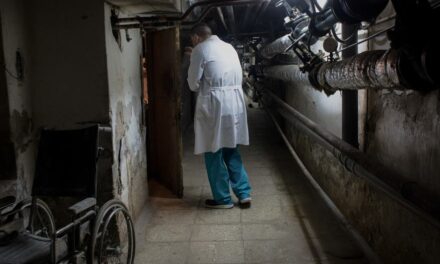A new study presented at the American College of Cardiology’s Annual Scientific Session suggests that sleeping fewer than seven hours per night is associated with a higher risk of developing high blood pressure over time. The research, conducted by a team led by Dr. Kaveh Hosseini, assistant professor of cardiology at the Tehran Heart Center in Iran, highlights the importance of adequate sleep duration for heart health.
The study, which pooled data from 16 studies conducted between January 2000 and May 2023, analyzed hypertension incidence in over one million individuals across six countries. Participants, who did not have a prior history of high blood pressure, were followed for a median of five years. The analysis revealed a significant association between short sleep duration and an increased risk of developing hypertension, even after adjusting for demographic and cardiovascular risk factors.
According to Dr. Hosseini, the findings suggest that the less people sleep—particularly less than seven hours per night—the greater their likelihood of developing high blood pressure in the future. Notably, those who reported sleeping less than five hours faced an even higher risk, with an 11% increase compared to those with longer sleep durations.
The study also highlighted gender differences in the association between sleep duration and hypertension. Females who reported sleeping less than seven hours had a 7% greater risk of developing high blood pressure compared to their male counterparts.
Dr. Hosseini emphasized the importance of discussing sleep patterns with healthcare providers, especially if individuals experience disrupted sleep that may be attributed to conditions like obstructive sleep apnea. Sleep apnea, he noted, has been linked to higher rates of high blood pressure, stroke, and coronary artery disease.
However, the study had some limitations, including reliance on self-reported sleep duration and variations in how short sleep duration was defined across studies. Dr. Hosseini called for further research using more accurate methods to assess sleep quality and standardized definitions in sleep research to enhance comparability and generalizability of findings.
While the study does not establish causality, it adds to a growing body of evidence underscoring the importance of sleep duration in cardiovascular health. As such, ensuring adequate sleep may be a crucial aspect of preventive care for individuals at risk of high blood pressure and related complications.











